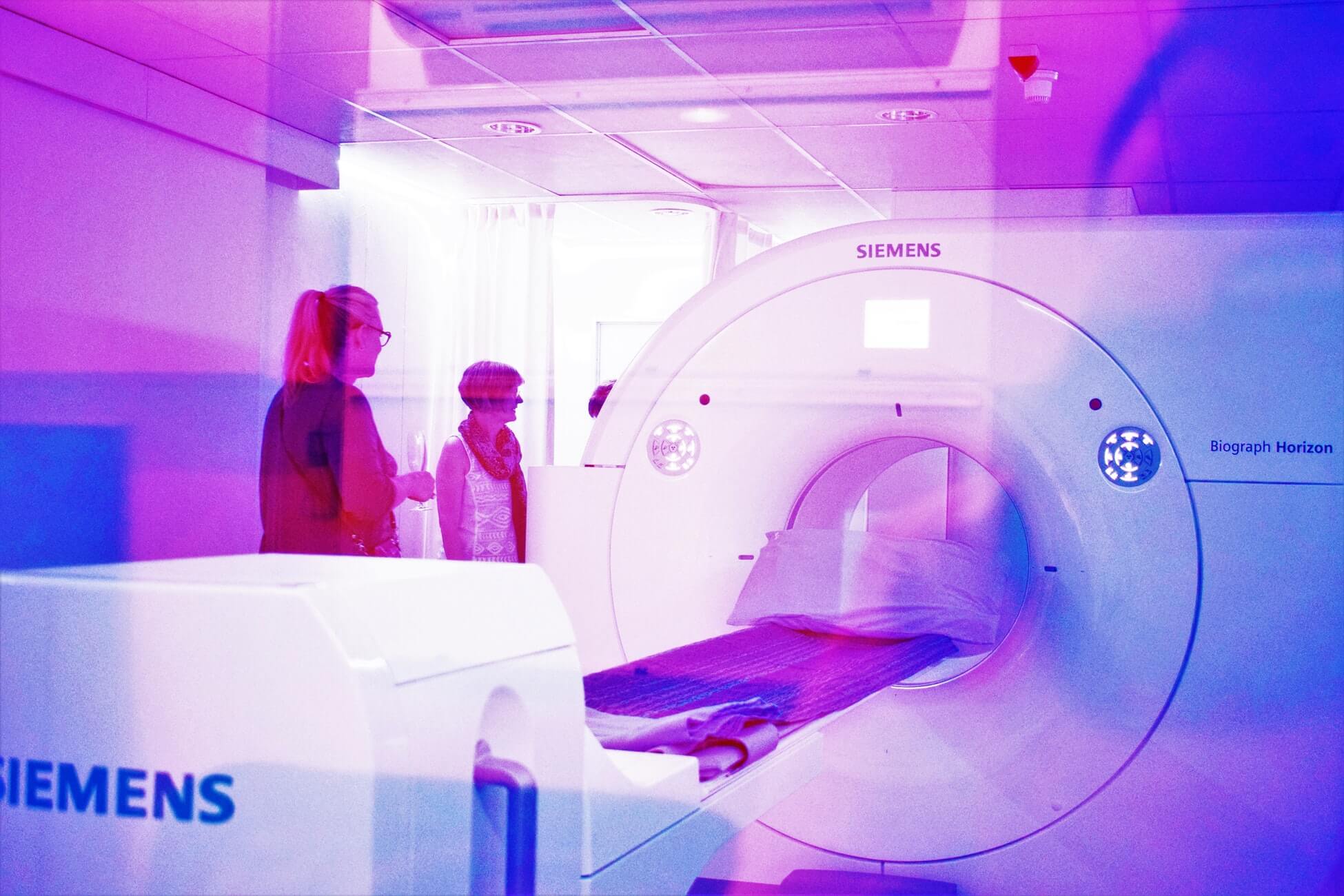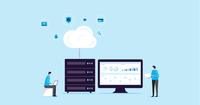It’s hard to gauge the right moment to invest in IT infrastructure, but one thing is for sure— it’s a mistake to wait until you need to. It’s practically a no-brainer if your current systems are costing you money. And that’s precisely what happens if you wait too long to upgrade your healthcare business’s financial system.
In the past, replacing these systems was risky. Implementations did not always go smoothly, and once up and running, some systems were so inflexible they forced unpleasant changes to accounting processes in order to be able to use them.
How ERP Technology Helps Improve Business Efficiency
Modern healthcare ERP systems like Sage 100 are much easier to implement and can be adapted to your processes quickly and easily. If your business is relying on a generic system like QuickBooks or outdated legacy system like Lawson, Meditech or GEAC, you can seriously be limiting your growth potential in the healthcare services market.
Here are five signs it’s time to upgrade your financial system:
1. You wait days for reports on cash flow and other issues
If your accounting and financial systems are running on spreadsheets or a legacy software, you have no choice but to wait for reports to be created for you. Manual financial reports are prone to human error and incredibly cumbersome, resulting in days or even weeks going by before you even realize there’s a problem.
2. The costs associated with risks are high
The cost to keep an old accounting system running extends beyond the upfront purchase costs and annual maintenance. Legacy systems run on older hardware that becomes outdated or even obsolete every few years, making your system prone to errors. Even if you keep perfect backups of your database, what happens when your 10-year-old server finally crashes and the data cannot easily be converted over to a new server and new operating system?
A Forrester survey of IT leaders at more than 3,700 companies found that on average the respondents spend an average of 72% of their budget on maintenance and ongoing system operations, instead of focusing on new projects. The older the system is, the harder and costlier it is to fix when it breaks—money that would be better spent on a new system.
3. Your month-end and year-end closes are a nightmare
Manual and legacy systems with 23 workarounds for every report mean your accounting staff spends several days every month closing out the books and one to three weeks closing out the year. This problem is only exacerbated when creating month- or year-end reports or multiple office locations and entities. Automated systems eliminate all that hassle and overtime, freeing up your staff for more important activities.
4. Your accounting staff spends time on manual data entry and workarounds
Manual processes and duplicate data entry across multiple systems and spreadsheets will always result in an error at some point. But more importantly, they are a huge waste of time. Just think of the productivity your accounting department would gain from eliminating those tasks. Sure you may have an Accounting Assistant doing all of that for you at $15-20 per hour, but those expenses add up quickly. Wouldn’t their time be more valuable to you if they were sending out and collecting invoices? We haven’t even talked about audits yet. Manual systems like QuickBooks do not have an audit trail, meaning that you’re much more likely to receive an audit from the IRS. A modern ERP system that automates basic accounting processes can help you increase your return on employee investment (ROEI) by eliminating time consuming, error-prone manual processes as well as decrease your risk and the hassle of receiving being audited.
5. Your systems limits your ability to scale
Legacy accounting and payroll systems make it difficult to consider growing your business, whether that means opening a new location, adding staff, or even acquiring another business. This is especially true in the rapidly expanding healthcare services industry.
55% of long term care providers manage more than one facility, creating multi-entity operations. Legacy ERP systems make it inefficient to manage multiple entities, causing databases to be managed separately and difficulty integrating or consolidating customer records when a new business acquisitions are made.
Conclusion
Your back office is the heart of your business, and a weak one cannot support the type of thriving business you’re striving for. In the past, there was an argument to be made for staying with older systems: new systems tended to be expensive and difficult to implement. Healthcare ERP systems are lighter, more affordable, and more flexible, allowing you to dump those costly legacy systems and gain near real-time insight into your financials. When you have the right business technology partner to help you every step of the way from software selection and implementation to training and technical support, it makes it that much easier.
Suggested Reading:








